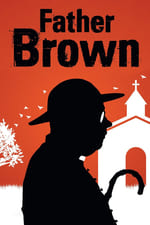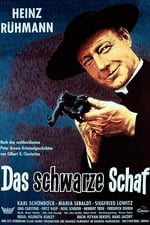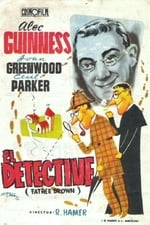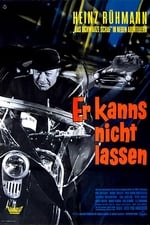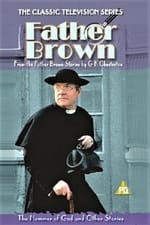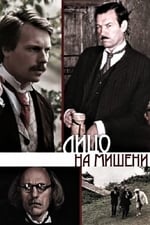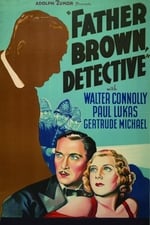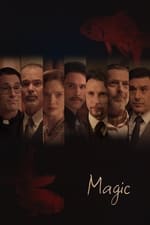Henkilön tiedot
Tunnetaan näistä töistä Käsikirjoitus
Tiedettyjä töitä 11
Sukupuoli Mies
Syntymäpäivä 29 toukokuu 1874
Kuolinpäivä 14 kesäkuu 1936 (62 vuotta vanha)
Syntymäpaikka Kensington, London, England, UK
Tunnetaan myös nimillä
- Gilbert K. Chesterton
- G.K. Chesterton
- Гилберт Кит Честертон
- G. K. Chesterton
Sisällön pisteytys
100
Kyllä! Hyvältä näyttää!
Kirjaudu ilmoittaaksesi ongelmasta
Elämäkerta
Gilbert Keith Chesterton KC*SG (29 May 1874 - 14 June 1936) was an English writer, philosopher, lay theologian, and literary and art critic. He has been referred to as the "prince of paradox". Time magazine observed of his writing style: "Whenever possible Chesterton made his points with popular sayings, proverbs, allegories-first carefully turning them inside out". Chesterton created the fictional priest-detective Father Brown, and wrote on apologetics. Even some of those who disagree with him have recognised the wide appeal of such works as Orthodoxy and The Everlasting Man. Chesterton routinely referred to himself as an "orthodox" Christian, and came to identify this position more and more with Catholicism, eventually converting to Catholicism from High Church Anglicanism. George Bernard Shaw, his "friendly enemy", said of him, "He was a man of colossal genius". Biographers have identified him as a successor to such Victorian authors as Matthew Arnold, Thomas Carlyle, Cardinal John Henry Newman, and John Ruskin.
Gilbert Keith Chesterton KC*SG (29 May 1874 - 14 June 1936) was an English writer, philosopher, lay theologian, and literary and art critic. He has been referred to as the "prince of paradox". Time magazine observed of his writing style: "Whenever possible Chesterton made his points with popular sayings, proverbs, allegories-first carefully turning them inside out". Chesterton created the fictional priest-detective Father Brown, and wrote on apologetics. Even some of those who disagree with him have recognised the wide appeal of such works as Orthodoxy and The Everlasting Man. Chesterton routinely referred to himself as an "orthodox" Christian, and came to identify this position more and more with Catholicism, eventually converting to Catholicism from High Church Anglicanism. George Bernard Shaw, his "friendly enemy", said of him, "He was a man of colossal genius". Biographers have identified him as a successor to such Victorian authors as Matthew Arnold, Thomas Carlyle, Cardinal John Henry Newman, and John Ruskin.
Tunnetaan näistä töistä
Käsikirjoitus
|
|||
|
|||
|
|||
|
|||
|
|||
|
|||
|
|||
|
|||
|
Näyttelijä
|
|||
|

